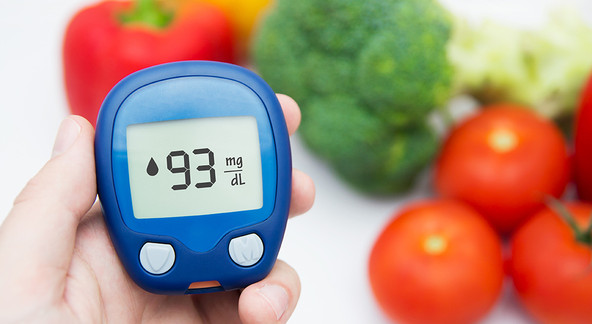Nov 3rd 2025
Getting Off the High Blood Sugar Merry-Go-Round
The major keys to supporting healthy blood sugar regulation are diet and exercise. Our primitive ancestors who were physically active and ate diets high in fiber and low in carbohydrates didn’t have to worry about blood-sugar problems. If we emulated them, neither would we. Refined sugar is the main dietary culprit. Many people think that they don’t eat much sugar because they don’t dip into the sugar bowl frequently. What they fail to appreciate is the enormous amount of sugar they get from desserts, baked goods and other treats, as well as from the 85 different forms of sugar found in processed foods, where sugar acts as a preservative, as well as to lure consumers with a sweet taste. Sugary soft drinks account for about 1/3 of sugar consumption in the US. Simply avoiding processed foods and soft drinks will go a long way towards eliminating added sugar in your diet and normalizing blood-sugar balance. If you must eat processed foods, check the label for the number of grams of…
read more Fuel your life with the purest vitamins
Fuel your life with the purest vitamins



